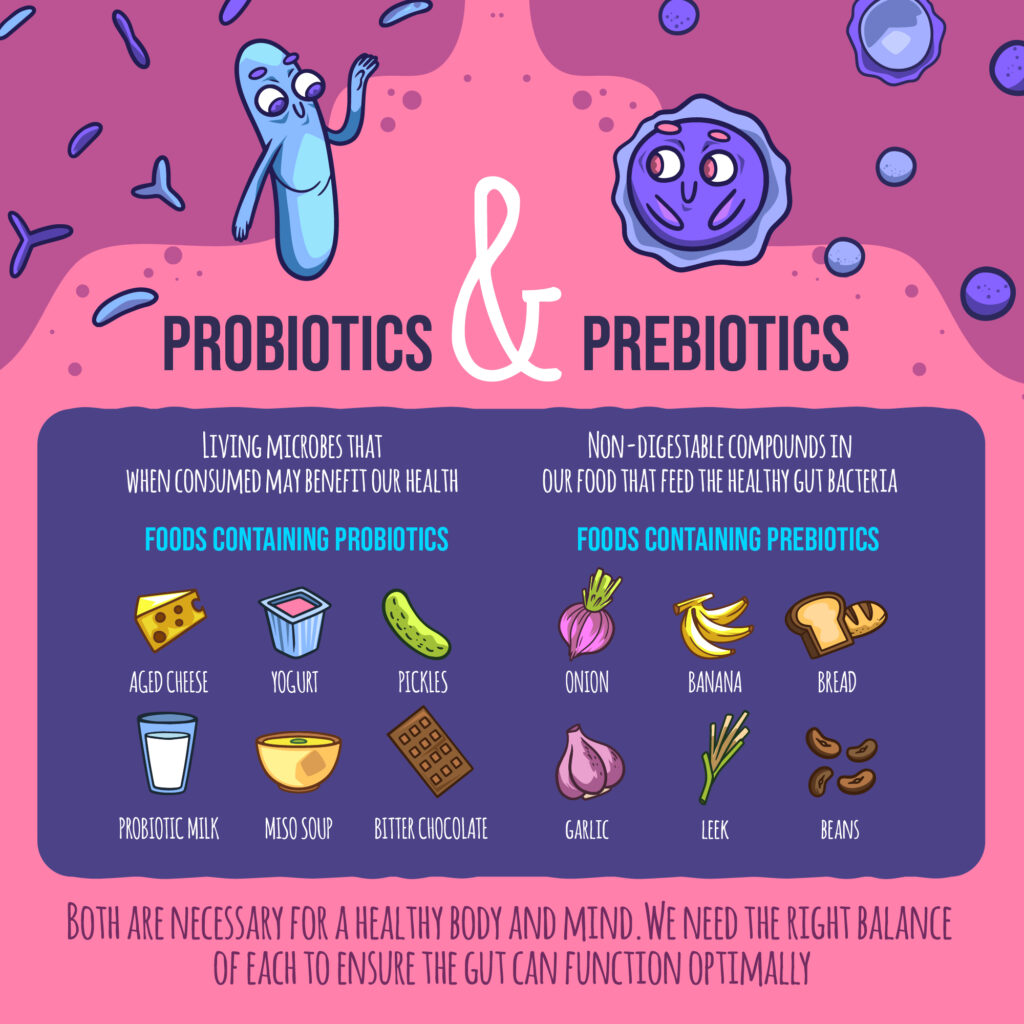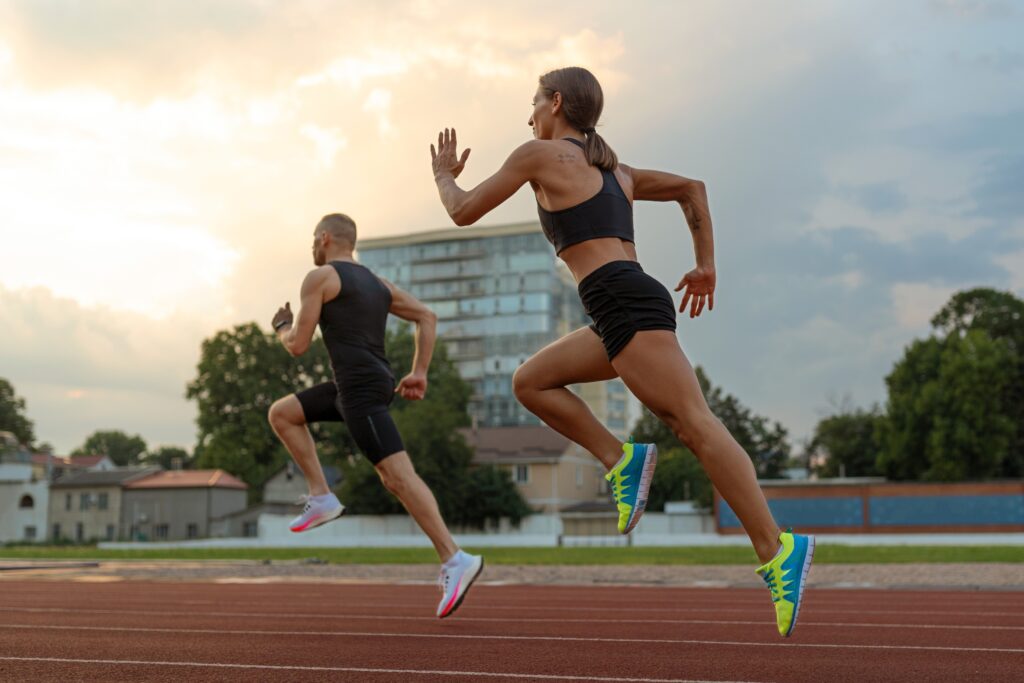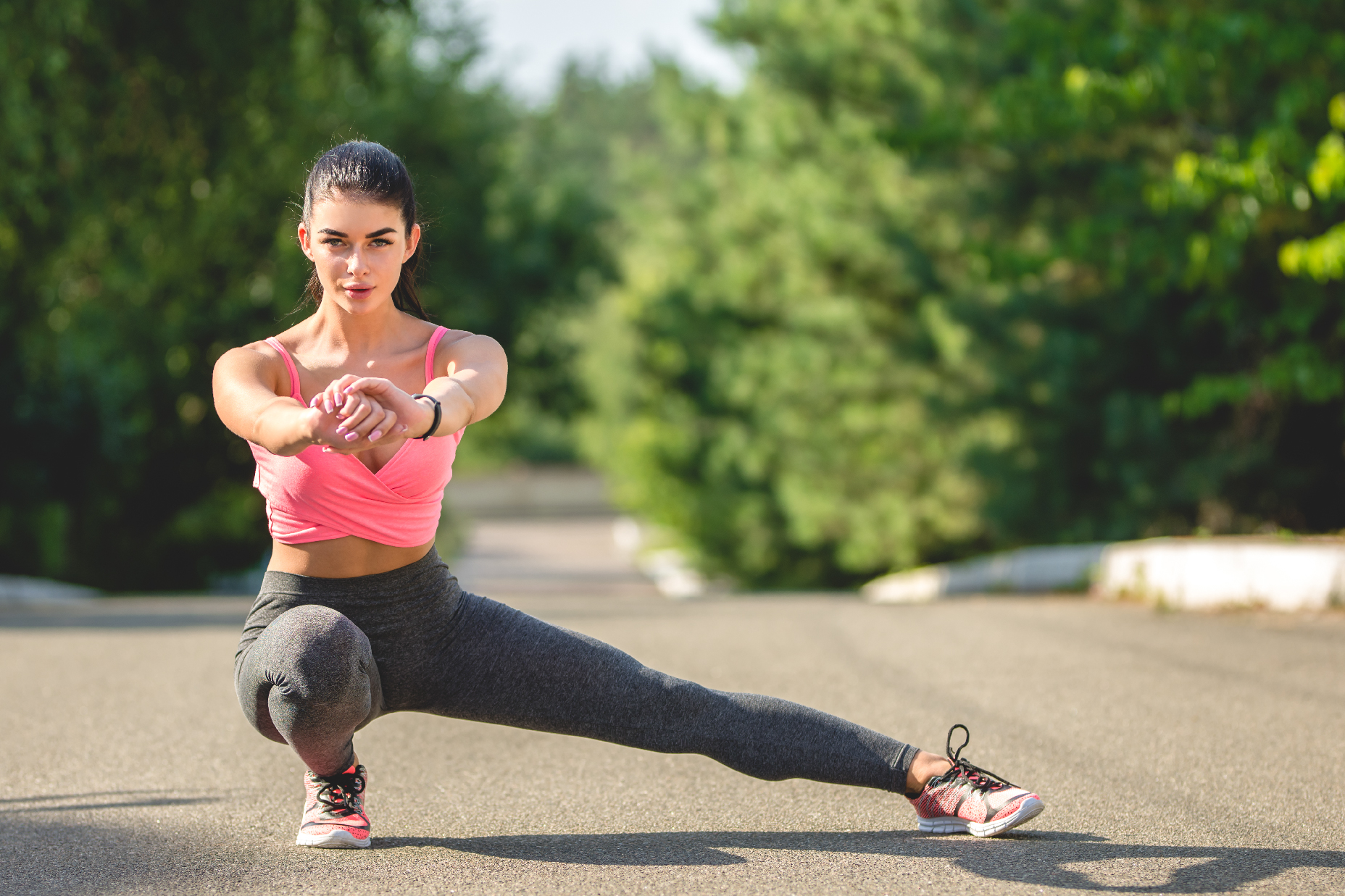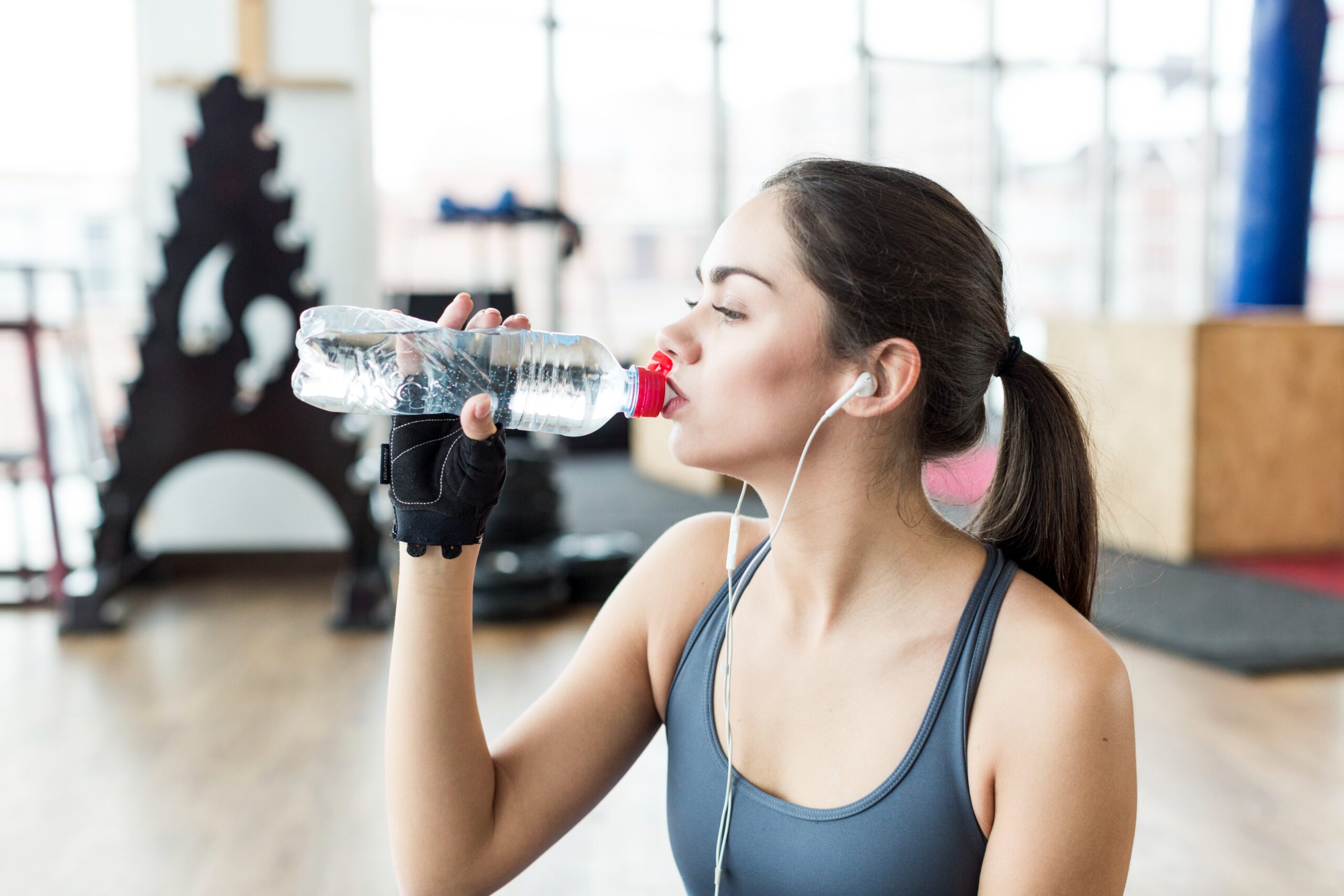Step aside, protein shakes; there’s a new heroic duo in town, and they’re not just for your gut, but your gains too! Athletes are constantly seeking ways to optimize their performance and support their overall health. While traditional supplements like protein powders and vitamins have long been staples in athletes’ regimens, there is growing interest in the potential benefits of probiotics and prebiotics. Known for their impact on gut health, they are gaining recognition among athletes for their potential to enhance digestion, support immune function, and even improve athletic performance. In this article, we’ll dive into the world of probiotics and prebiotics, exploring their benefits for athletes and how they can be incorporated into a well-rounded nutrition plan.
Understanding Probiotics and Prebiotics

Before diving into their specific benefits for athletes, it’s essential to understand what probiotics and prebiotics are and how they work. Probiotics are live microorganisms that confer health benefits when consumed in adequate amounts, primarily by supporting a healthy balance of gut bacteria. Prebiotics, on the other hand, are non-digestible fibers that serve as food for probiotics, helping them thrive and multiply in the gut.
Together, probiotics and prebiotics work harmoniously to promote digestive health, strengthen the immune system, and support overall wellness. By nourishing the gut microbiome, probiotics and prebiotics play a vital role in maintaining gut integrity, improving nutrient absorption, and reducing inflammation, all of which are essential for athletes striving to perform at their best. Including probiotic and prebiotic + probiotic rich foods into the diet can help athletes maintain a healthy gut microbiome and support their overall health and performance.
Benefits of Prebiotics for Athletes

For athletes, maintaining a healthy gut is crucial for several reasons. First and foremost, the gut plays a significant role in nutrient absorption, ensuring that athletes can efficiently utilize the fuel they consume to power their workouts and aid in recovery. Additionally, a balanced gut microbiome is essential for supporting immune function, as a significant portion of the body’s immune cells reside in the gut. Furthermore, emerging research suggests that gut health may impact athletic performance directly, with some studies indicating that a healthy microbiome could improve endurance, reduce inflammation, and enhance recovery. Here are some major benefits they offer to athletes:
1. Enhanced Nutrient Absorption: Both probiotics and prebiotics promote the growth of beneficial bacteria in the gut, improving digestion and increasing the absorption of essential nutrients from food.
2. Improved Gut Health: By nourishing the gut microbiome, probiotics and prebiotics help maintain a healthy balance of bacteria, reducing the risk of digestive issues such as bloating, gas, and constipation.
3. Enhanced Immune Function: A healthy gut microbiome is essential for a robust immune system, and both probiotics and prebiotics support immune function by fostering the growth of beneficial bacteria that help fight off harmful pathogens.
4. Increased Energy Levels: By promoting efficient digestion and nutrient absorption, probiotics and prebiotics can help athletes maintain consistent energy levels throughout their training sessions and competitions.
5. Reduced Inflammation: Some research suggests that both probiotics and prebiotics may help reduce inflammation in the body, which can be beneficial for athletes recovering from intense workouts or injuries.
6. Digestive Support: Probiotics specifically help maintain a healthy balance of bacteria in the gut, reducing the risk of digestive issues such as bloating, gas, and diarrhea.
7. Muscle Recovery: Probiotics may aid in reducing muscle soreness and inflammation following intense exercise, potentially speeding up recovery time.
8. Mental Well-Being: Both probiotics and prebiotics influence the gut-brain connection, supporting mental health by influencing neurotransmitter production and reducing stress and anxiety levels.
Incorporating Probiotics and Prebiotics into Daily Athletic Diet
Athletes can incorporate probiotics and prebiotics into their nutrition plans through a combination of dietary sources and supplementation. Including probiotic-rich foods like yogurt, kefir, kombucha, and fermented vegetables in the diet can provide a natural source of beneficial bacteria. Additionally, prebiotic foods such as bananas, onions, garlic, oats, and asparagus can help nourish the gut microbiome. For those looking to supplement, there is a wide range of prebiotic and probiotic supplements (like Origami) available on the market, offering various strains and formulations to suit individual needs. Following are a few more things you need to keep in mind:
- Include natural sources like yogurt, kefir, and fermented vegetables in your diet.
- Aim for variety to support a diverse gut microbiome.
- Consistently incorporate new prebiotic and probiotic foods into meals to introduce new types of fiber and bacteria in your body.
- Choose probiotic supplements with live cultures and follow storage instructions.
- Take probiotics with meals for better absorption.
- Monitor your body’s response and adjust intake if needed.
- Stay hydrated as water is nothing short of an elixir for your gut health.
- Balance supplements with a diverse diet and healthy lifestyle.
- Seek professional advice for personalized recommendations.
Many athletes have reported positive experiences with incorporating probiotics and prebiotics into their routines. Also, some athletes may find that certain strains or formulations work better for them than others, highlighting the importance of individual experimentation and finding what works best for you.
Conclusion
The heroic duo of probiotics and prebiotics offer promising benefits for athletes looking to optimize their performance and support their overall health. Whether consumed through dietary sources or supplementation, probiotics and prebiotics can be valuable additions to an athlete’s nutrition plan. As with any supplement, it’s essential to consult with a healthcare professional or registered dietitian before making significant changes to ensure safety and efficacy. With the right approach, you can harness the power of probiotics and prebiotics to fuel your success on and off the field. So, as you lace up your sneakers for your next workout, remember: a happy gut equals a happy athlete!
REFERENCES
1. NIH – https://www.ncbi.nlm.nih.gov/pmc/articles/PMC8583504/
2. JISSN – https://jissn.biomedcentral.com/articles/10.1186/s12970-019-0329-0
3. Optibac – https://www.optibacprobiotics.com/learning-lab/in-depth/general-health/probiotics-for-athletes
4. Discipline – https://www.4thdiscipline.com/blog/prebiotics-and-probiotics-for-athletes
FAQ’s
Q: Do probiotics help athletic performance?
A: Yes, probiotics can support athletic performance by promoting gut health, reducing inflammation, and enhancing nutrient absorption, leading to improved energy levels and faster recovery times.
Q: Is it OK to take prebiotics and probiotics together?
A: Yes, it is perfectly safe and often beneficial to take prebiotics and probiotics together. Prebiotics provide the necessary fuel for probiotics to thrive in the gut, enhancing their effectiveness.
Q: What is a powerful combination of prebiotics and probiotics?
A: A powerful combination of prebiotics and probiotics includes foods rich in fiber, such as fruits, vegetables, and whole grains, along with probiotic-rich foods like yogurt, kefir, and fermented vegetables.
Q: Can probiotics give you more energy?
A: Yes, probiotics can indirectly increase energy levels by improving digestion and nutrient absorption, ensuring that the body receives the necessary fuel to function optimally.
Q: What foods increase athletic performance?
A: Foods that can increase athletic performance include complex carbohydrates for sustained energy, lean proteins for muscle repair and growth, and antioxidant-rich foods to combat inflammation and support recovery.
Q: Do probiotics increase testosterone?
A: While probiotics can support overall health and well-being, there is limited evidence to suggest that they directly increase testosterone levels. However, maintaining a healthy gut microbiome may indirectly support hormonal balance and overall vitality.


